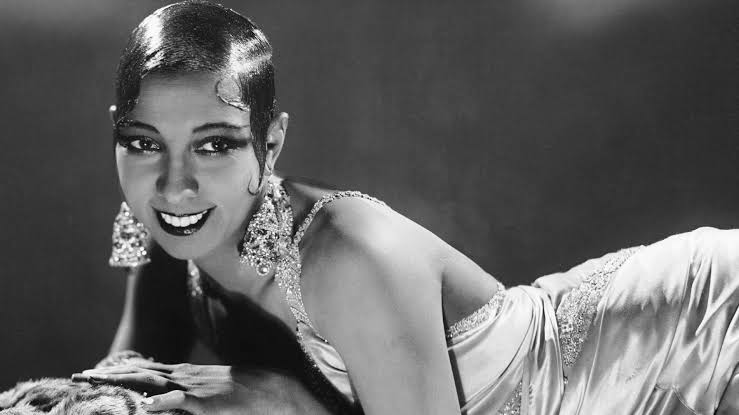Unit 4 - AP African American Studies
1/8
There's no tags or description
Looks like no tags are added yet.
Name | Mastery | Learn | Test | Matching | Spaced |
|---|
No study sessions yet.
9 Terms
The Great Migration
The mass movement of African Americans out of the South to Northern cities for better economic opportunities and to escape racial segregation and violence. (Started during during 1915 and continued between the 1940s and 1950s)
The Great Depression
A severe worldwide economic downturn that took place during the 1930s, leading to mass unemployment and hardship.
New Deal
Former President Franklin D. Roosevelt implemented a series of programs and reforms to address the economic crisis of the Great Depression, focusing on relief, recovery, and reform.
Great Depression Impact
African Americans were hit even harder during the Great Depression as a result of systemic racism, leading to higher unemployment rates and fewer job opportunities compared to white Americans. Many programs and reforms that aimed to help people as a result of the New Deal weren’t equally accessible to African Americans, further exacerbating economic inequalities.
New Deal Impact
The New Deal helped white Americans build intergenerational wealth while often excluding African Americans from its benefits, reinforcing existing economic disparities. The programs aimed to help Americans were given to the States and since Jim Crow was still enforced it often meant that African Americans faced discrimination in both access and benefits.
Black Political Realignment
The shift in African American political support from the Republican Party to the Democratic Party, particularly during the New Deal era and after, reflecting changing social and economic conditions.
Negitude & Negrismo
Cultural movements that focused on African identity, heritage, and pride, aimed at rejecting colonial perspectives.
Negritude: French Speaking Caribbean movement
Negrismo: Cuban literary movement celebrating Afro-Cuban culture and identity.

Josephine Baker
A prominent African American singer, dancer, and actress, known for her contributions to the arts and her activism for civil rights.
Berlin Conference
In 1884, the Europeans gathered in Germany to discuss how to divide Africa among themselves, leading to the scramble for Africa and the establishment of colonial territories.